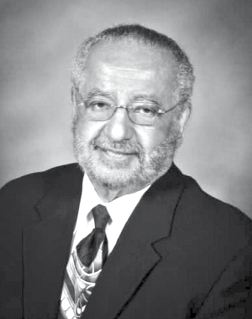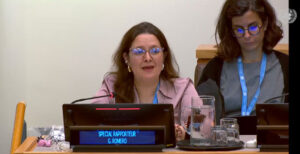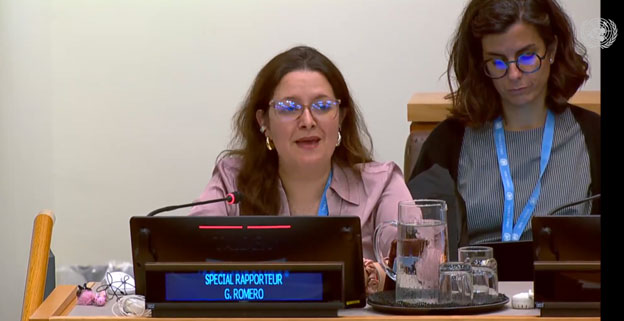 Dr. John E. Fleming, a distinguished museum leader, historian, husband, father and mentor to many in the museum profession, passed away on Friday, Sept. 12, 2025. He was 81 years old. He had lived in Yellow Springs for 35 years. Dr. Fleming was well known as a pre-eminent scholar, academician and author whose life’s work was the preservation and interpretation of African American history and culture.
Dr. John E. Fleming, a distinguished museum leader, historian, husband, father and mentor to many in the museum profession, passed away on Friday, Sept. 12, 2025. He was 81 years old. He had lived in Yellow Springs for 35 years. Dr. Fleming was well known as a pre-eminent scholar, academician and author whose life’s work was the preservation and interpretation of African American history and culture.
His career was firmly rooted in the historic black community as he came of age. A native of Morganton, North Carolina, he received his bachelor’s degree from Berea College and in the 1960s served as a Peace Corps volunteer in Malawi, East Africa, where he was assigned to the Ministry of Agriculture. After his return to the United States, he worked for Pride Inc. under Marion Barry and as a program analyst for the U.S. Civil Rights Commission.
Dr. Fleming went on to pursue advanced degrees, earning both a master’s degree and a doctorate in American history from Howard University in Washington, D.C. While serving as a Senior Fellow at Howard’s Institute for the Study of Educational Policy, he wrote two books on African American education: “The Lengthening Shadow of Slavery” and “The Case for Affirmative Action for Blacks in Higher Education.”
Dr. Fleming’s museum career began in 1980 when he joined the Ohio Historical Society as the Afro-American Museum project director. He was the founding director of the National Afro-American Museum and Cultural Center in Wilberforce, Ohio, and later became the director and chief operating officer for the National Underground Railroad Freedom Center in Cincinnati, Ohio.
Over the course of his career, he was directly involved in the development of six museums, including the International African American Museum in Charleston, South Carolina; the Mississippi Civil Rights Museum in Jackson, Mississippi; and the National Museum of African American Music, in Nashville, Tennessee, where he served as immediate past director. He also served as director emeritus of the Cincinnati Museum Center and as an adjunct professor in the department of history at the University of Cincinnati.
His leadership extended across several respected historical and cultural organizations. He was president of the Ohio Museums Association, the Association for the Study of African American Life and History and the Association of African American Museums. He was appointed by President George W. Bush to serve on the commission for the Smithsonian Institution’s National Museum of African American History and Culture. He was the immediate past chair of the board for the American Association for State and Local History and was recently appointed by Gov. Mike DeWine to the Ohio Semiquincentennial Commission. Locally, he was an active member of the YS Men’s Association.
Dr. Fleming was also a prolific writer and scholar: He was author of five books and 50 articles throughout his career. In addition to his scholarly works, he published two memoirs: “A Summer Remembered,” about his childhood in North Carolina, and “Mission to Malawi,” about his time in the Peace Corps.
He was a recipient of numerous accolades, including distinguished service awards from the Association of African American Museums, the American Association for State and Local History, the National Peace Corps, Berea College, the Ohio Library Association, and the National Peace Corps. In his honor, the Association of African American Museums named its highest honor the John E. Fleming Lifetime Achievement Award. In 2020, he was named one of the Top Ten African Americans in Dayton, Ohio.
But Dr. Fleming was proudest of the time that he devoted to his family and community. He is survived by his wife, Barbara, a psychologist and writer, of Yellow Springs; and his two daughters, one a lawyer and the other a museum professional who followed in her father’s footsteps as a curator of American art. Dr. Fleming is also survived by two grandsons, a brother, a sister and numerous relatives.
He was a former board member and volunteer for the St. Vincent de Paul Homeless shelter in Dayton. And he was a proud member of Alpha Phi Alpha Fraternity and Sigma Pi Phi, known as the Boule.
Dr. Fleming’s family plans to hold a memorial service in his honor at the National Afro American Museum and Cultural Center in Wilberforce, Ohio. The date and time of the memorial will be posted online and in the Yellow Springs News.



